Distress Tolerance is a module in Dialectical Behavior Therapy (DBT), and these mindfulness-based skills are often called “crisis survival skills” because they help a person to navigate a perceived or actual crisis. The Dialectical Behavior Therapy approach focuses on synthesizing your emotional brain and your reasonable brain, with the primary goal of learning how to tap into your wisdom and intuition. Distress tolerance is about accepting reality, from moment to moment, just as it is and also combining realistic circumstances with a new “constantly-learning” version of you. Distress tolerance is largely achieved by first learning how to use mindfulness, self-reflection, and emotional regulation.
When the limbic system is in a state of extreme arousal, it may be difficult for a person to regulate their emotions. Your new crisis response narrative will then consist of a humble and wise willingness to just keep learning from the flashbacks of your past and from whatever triggers and new situations arise in your present and future. Emotional pain is an inevitable aspect of the natural order of life, but you will eventually feel overwhelmed and “frozen” in all stressful situations if you do not restructure your perceptions and actions toward not blaming yourself for your misfortunes and not engaging in self-defeating thoughts when in a crisis or other challenging circumstances. Accepting pain or mistreatment does NOT mean that you are approving of it or internalizing the blame for it. Rather, it is just about giving yourself the freedom to acknowledge that it is there, looming in the near or far distance. It is also about validating your self-worth enough to confront distress and learn how to “tolerate” and “plow through it” when it makes its frightening presence.

Distress tolerance skills provide you with an “armour” to move you through an immediate emotional crisis without making it worse. Distress tolerance skills can also help you to accept the reality of situations which you cannot change and can give you a much needed sense of control over your emotions and actions. Another benefit is that distress tolerance skills can help you to cope with their feelings even when you may not know exactly what you want or need at a given moment. The therapist guides the client through creating a short-term relief plan for distressful situations. The therapist also helps the client to minimize the risk of impulsive or self-destructive actions which are often the responses to distressful events. If you apply distress tolerance skills, you can learn to transform your insecurities and fears into more intentional, empowering strategies for getting through high-stress work, academic, and/or personal experiences.
In an extreme emotional crisis, the TIP strategy and the STOP strategy are the quickest ways to prevent or to minimize your physiological panic symptoms and to return to a calmer state of mind. This is similar to restarting a computer when nothing else works. The TIP strategy includes (1) cooling down your body TEMPERATURE by splashing your face with cold water, (2) INTENSE exercise for at least 20 minutes, and PACED breathing paired with muscle relaxation. The STOP strategy includes (1) STAYING still, (2) TAKING a step back in distressful situations, either physically or mentally, (3) OBSERVING without reacting, and (4) PROCEEDING with mindfulness.

Two other distress tolerance skills, the ACCEPTS strategy and the IMPROVE strategy, provide you with the long-term resilience tools to navigate through your present and future events, as well as to maintain healthier perceptions of past events. The ACCEPTS strategy includes (1) ACTIVITIES, (2) CONTRIBUTIONS to others, (3) COMPARISONS with prior worse scenarios and painful life circumstances, which can be a powerful motivator, (4) EMOTIONS which are different than those which you are currently feeling, (5) PUSHING away, which is putting the current distressing situation on the shelf, (6) THOUGHTS which compete with those resulting during crisis episodes, and (7) SENSATIONS which you intentionally channel to create a more grounded state of existence. The IMPROVE strategy includes (1) IMAGERY, (2) MEANING in your life, which refers to a guiding purpose and commitment to core values, (3) PRAYER, (4) RELAXATION, which refers to prioritizing family, leisure, and interpersonal activities as much as your work or academic activities, (5) ONE thing in the moment, so that you can carefully and realistically be present in each precious life experience and can learn and grow wiser from the challenging experiences, (6) VACATION, and (7) ENCOURAGEMENT by supportive people who you trust and whose perspectives you value.

Distress tolerance skills play an important role in being a resilient person. Resilience refers to surviving through an immediate emotional crisis without declining in functioning ability or confidence. Resilience also refers to coping with feelings in the moment and getting a grasp of control through the constant practice of mindfulness and a commitment to an action plan which is realistic and suited to your unique personality and life circumstances. In fact, the study of mindfulness has been a growing research field during the past 10 years. Mindfulness has been found to be very effective in building a foundation for learning and implementing distress tolerance skills, in that you learn to devote undistracted time toward becoming more fully aware of the thoughts which cause you to perceive crisis and stressful situations as “hopelessly intolerable.” When a disturbing thought or feeling is detected on your “mindfulness radar,” you have endless freedom to separate yourself from your old coping patterns and self-perceptions and to focus on the present situation. For example, a PTSD survivor can learn how to “compartmentalize” certain thoughts or feelings until a more appropriate time, to use a redirecting mantra or activity, or to just “sit with” the thought or feeling until it passes.

After truly learning and using both mindfulness and distress tolerance, you will gain the wisdom to understand that each trigger WILL pass and CAN be managed. The best news is that the life experiences, although unfortunate and undeserved, can be great catalysts for creating resilience and a heightened sense of internal control over your relationships, work or academic performance, and your fate in general. By learning new ways to react to stress or fear triggers, you will find that you can confront distressful situations head-on and can choose how to respond to them, rather than being controlled by them.


